Welcome To The Passover Seder Experience!
1. Before We Get Started
● This is a time for everyone to participate. Actively participating in this event will help you to remember and to appreciate what God did for both the Israelites and for you.
● We’ll be eating horseradish. Feel free to substitute with romaine lettuce if you want. Or you could eat the matzah plain. Just know that there is no judgment if you want to skip it.
● The charoseth (sweet brown mixture) contains nuts. So if you are allergic, please do not eat it unless it was swapped out in the recipe.
● Make sure you know who your Table Leaders are and who will be lighting the candle.
2. Opening Statements
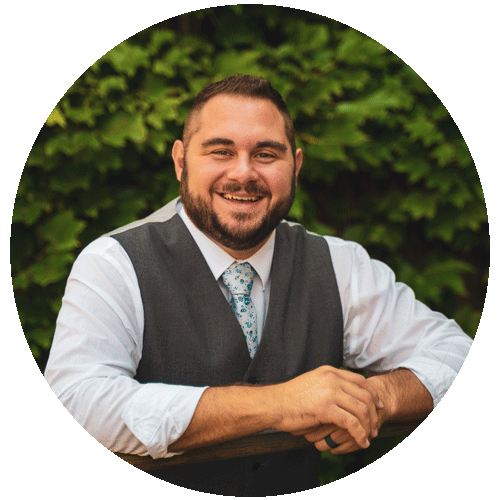
My name is Justin Boothby and I’m excited to be leading you through this beautiful event that recounts the Exodus story from slavery to freedom.
My hope is that by the end of this Seder, you’ll have a deeper appreciation for Communion, how Jesus fulfills the Messianic prophecies, and the Hebrew Bible as a whole.
All: The LORD’s Passover begins at twilight on the fourteenth day of the first month. On the fifteenth day of that month the LORD’s Festival of Unleavened Bread begins; for seven days you must eat bread made without yeast. This is a day you are to commemorate; for the generations to come you shall celebrate it as a festival to the LORD—a lasting ordinance. (Lev. 23:5-6, Exodus 12:14)
The items on your Seder plate are symbolic of the various elements of the Passover story. Each element gives us the tangible opportunity to experience the Exodus story and God’s miraculous acts on behalf of Israel.
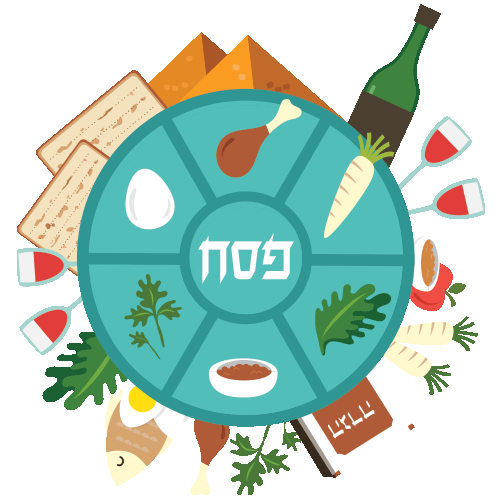

3. Yeshua
“Is it because there were no graves in Egypt that you have taken us away to die in the wilderness?” -Exodus 14:11
All: “Do not fear! Stand by and see the salvation of the LORD which He will accomplish for you today! The Egyptians you see today you will never see again. The LORD will fight for you; you need only to be still.”
-Exodus 14:13-14
Salvation = Yeshuat. This is the same word we get the name for Jesus (Yeshua). Just like the Israelites, we cannot save ourselves. Only God is able to rescue us.
That sea was death. Without God, the Israelites would have died. But we have a God who parts the sea and invites us to walk into a new life of salvation with Him as He takes us to be His people. Because of God’s work in Egypt and His work through Yeshua on the cross, we get to celebrate here tonight!

4. Bedikat Chametz
(Searching For Leaven)
All: “Do you not know that a little leaven leavens the whole batch? Cleanse out the old leaven that you may be a new batch, as you really are unleavened. For Christ, our Passover lamb has been sacrificed. Let us therefore, celebrate the feast, not with the old leaven, the leaven of malice and evil, but with the unleavened bread of sincerity and truth.” 1 Corinthians 5:6-8
“For seven days you are to eat bread made without yeast. On the first day remove the yeast from your houses…” -Exodus 12:15
“Do you not know that your bodies are temples of the Holy Spirit, who is in you, whom you have received from God?” -1 Corinthians 6:19
“If we confess our sins, he is faithful and just and will forgive us our sins and purify us from all unrighteousness.” -1 John 1:9
Before we go any further, let’s take a moment to close our eyes, to take a deep breath, and let’s be present with the Messiah. Take a moment to examine your life, just like you do before communion, and ask what sin needs to be cleansed from it. As you take a moment to search for your leaven, ask Jesus what you need to get rid of so that you can have a deeper relationship with him.
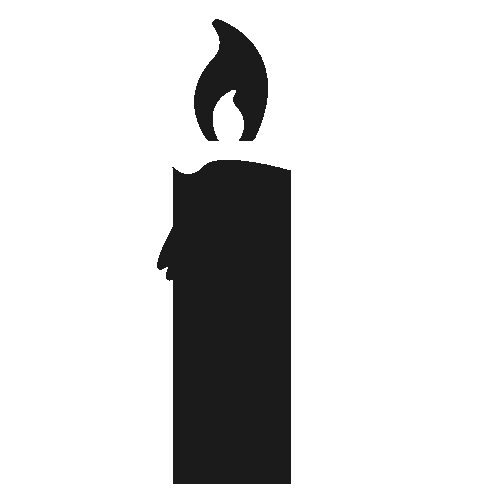
5. Hadlakat HaNerot
(Lighting The Candle)
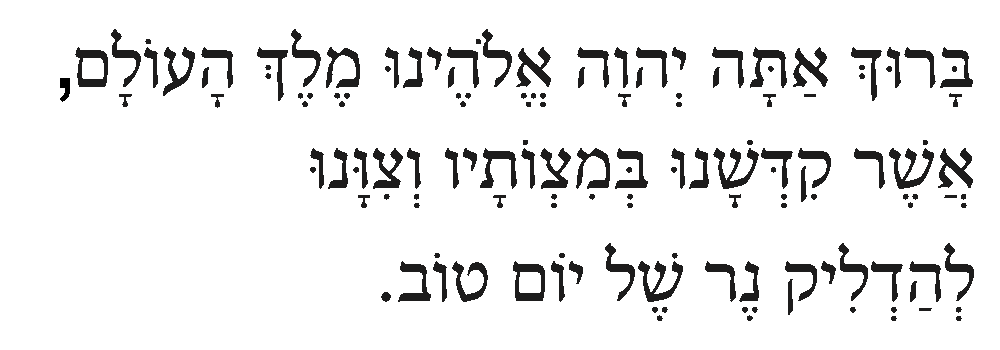
Woman of the house: Blessed are You, LORD our God, King of the Universe, who sanctified us with his commandments, and commanded us to kindle the festival lights.
MESSIANIC VERSION
All: Blessed are you, LORD our God, King of the Universe, who sanctified us in his commandments, and commanded us to be a light to the nations, and who gave to us Jesus our Messiah, Light of the World.

6. The Four Cups of Wine
In Exodus 6:1, 5-7 we read: “The Lord said to Moses, ‘Now you shall see what I will do to the king of Egypt.’”
All: “I have heard the groaning of the people of Israel whom the Egyptians hold in bondage and I have remembered my covenant. Say, therefore, to the people of Israel, ‘I am the Lord,
I will bring you out from under the burdens of the Egyptians,
I will deliver you from their bondage,
I will redeem you with an outstretched arm, with great acts of judgment, and
I will take you for my people and I will be your God.’”

7. Kadesh
(Cup of Sanctification)
The first cup symbolizes the first promise: “I will bring you out from under the burden of the Egyptians.”
The first cup is called the Cup of Sanctification. In Hebrew the word Sanctification is “Kadesh.” This word is also the name of the blessing we say on all Sabbaths and Holy days. Kadesh has the same root as the word for Holy, which is Kadosh. God brought Israel out of Egypt and sanctified them (made them holy).
Genesis 2:3
Luke 22:17

All: Blessed are You, LORD our God, King of the Universe, Creator of the fruit of the vine!

8. Urchatz
(Ritual Hand Washing)
“Who may ascend the hill of the Lord? Who may stand in his holy place? He who has clean hands and a pure heart.” -Psalm 24
Take this time to wash your hands. Your host will guide you in this portion.
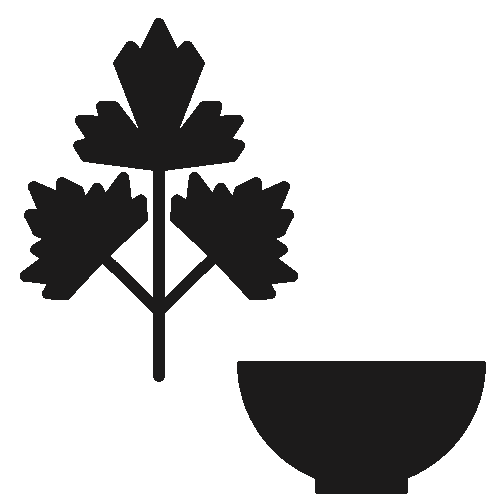
9. Karpas
(Parsley & Salt Water)
“…the people of Israel groaned because of their slavery and cried out for help. Their cry for rescue from slavery came up to God. And God heard their groaning, and God remembered his covenant with Abraham, with Isaac, and with Jacob. God saw the people of Israel—and God knew.” -Exodus 2:23-25
The parsley symbolizes the hyssop that was used to place the blood of the Passover Lamb on the dooroposts. It can also symbolize what we do with the blood of Jesus.
The salt water represents the tears from the suffering under the bondage of the Egyptians. For Jesus-followers, it can represent the tears that we have when we recognize the weight of our sin.

All: Blessed are You, LORD our God, King of the Universe, Creator of the fruit of the earth!
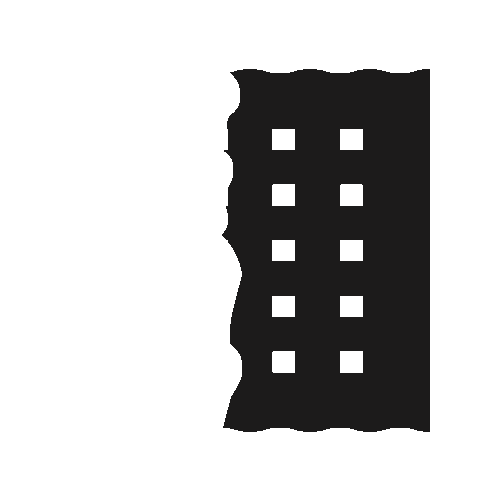
10. Yachatz
(Breaking & Hiding The Middle Matzah)
“The Egyptians were urgent with the people to send them out of the land in haste. For they said, “We shall all be dead.” So the people took their dough before it was leavened, their kneading bowls being bound up in their cloaks on their shoulders.” -Exodus 12:33-34
The Matzah Cover is one cover with three compartments for three pieces of matzah.
Some claim this to be Cohen, Levi, and Israel. Others claim it’s Abraham, Isaac, and Jacob. Since we identify Jesus in the middle matzah, it makes sense if it’s Abraham and Isaac, which represents the foreshadowing of the ultimate sacrifice of a Father and Son.
We can see the Trinity in this cover as Father, Son, and Holy Spirit.
As Paul notes, leaven is a vivid symbol for sin.
All: He was wounded for our transgressions,
He was bruised for our iniquities,
Surely he bore our sorrows,
And by his stripes we are healed.
Scripture Reference: Zechariah 12:10
Table Leader(s) will take a piece of matzah and break it in half.
The leader or host will now wrap the larger piece of the Afikoman in a cloth or napkin and will hide it. Just as Jesus was wrapped and hidden away for a short time, so the Afikoman will return to our Seder later.

11. Maggid
(Telling the Exodus Story)
All: “The LORD said, ‘And it will come about when your children will say to you, ‘What does this ceremony mean to you?’ This is what you shall say: ‘It is a Passover sacrifice to the Lord who passed over the houses of the sons of Israel in Egypt when he struck down the Egyptians, but passed over our homes.’” -Exodus 12:26-27
Why is this night different from all other nights?
1. On other nights we eat either leavened or unleavened bread; why on this night only unleavened bread?
2. On all other nights, we eat all vegetables. Why, on this night, only maror (bitter herbs)
3. On all other nights, we don’t dip even once. Why on this night do we dip twice?
4. On all other nights we eat either sitting up or reclining; why on this night do we eat only reclining?
Reader 1: In Genesis, God promised Abraham that He would give him many descendants and possession of a land to call home. Years later, however, his descendant Jacob and his family found it necessary to move to Egypt and live there. They moved because there was a famine in Canaan and they needed food. Joseph, one of Jacob’s sons, who was sold into slavery by his brothers, preceded them in Egypt. God, however, had raised up Joseph to be in charge of all of Egypt. Ironically, it was Joseph who bid his family to come to Egypt to settle.
They were few in numbers when they went, only seventy people. However, while they were in Egypt they became a nation. They were fruitful, multiplied, and became exceedingly numerous so that the land was filled with them. The king of Egypt feared their power and so he afflicted them with hard bondage. The Egyptians made their lives bitter with hard labor in brick and mortar and with all kinds of work in the fields. The Egyptians used them ruthlessly with hard labor.
Also, the king of Egypt decreed that every newborn Hebrew boy should be killed. However, through an act of human kindness and courage God spared one particular boy, named Moses. By God’s guiding hand Moses was raised in the house of the king of Egypt.
Reader 2: Moses grew but remained concerned for his people the Hebrews. One day he saw an Egyptian beating a Hebrew and in retaliation, he killed the Egyptian. He then had to flee into the desert. During that long period, the Israelites cried to the Lord and He heard their voice. God saw their affliction, toil, and oppression and remembered His covenant with Abraham, Isaac, and Jacob.
While Moses was in the wilderness, God called to him out of the burning bush and said, “the cry of the Israelites has reached me, and I have seen the way the Egyptians are oppressing them. So I have come down to rescue them from the hand of the Egyptians and to bring them up out of that land into a good and spacious land, a land flowing with milk and honey. So now, go. I am sending you to the king of Egypt to bring my people the Israelites out of Egypt.”
With a mighty hand and outstretched arms, we also know that the Messiah was able to claim victory over death, redeem us from our slavery to sin, and eternally reconcile us to the God who created us and loves us. However, in both Exodus and at the cross, we know there was a price that had to be paid for our freedom. So now we’ll move into one of the most somber moments of the story.
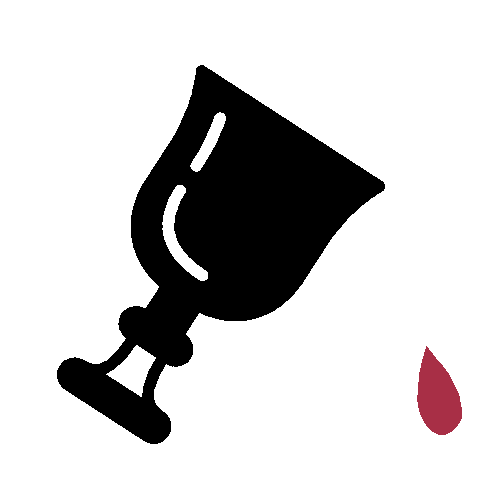
12. THE CUP OF PLAGUES
The second Cup, the Cup of Deliverance is also known as the cup of plagues. It is a remembrance of God’s second promise to his people: “I will free you from being slaves.”
All: “I know that the king of Egypt will not let you go unless a mighty hand compels him. So I will stretch out my hand and strike the Egyptians with all the wonders that I will perform among them. After that, he will let you go.”
-Exodus 3:19-20
“LORD OF THE STRONG ARM”
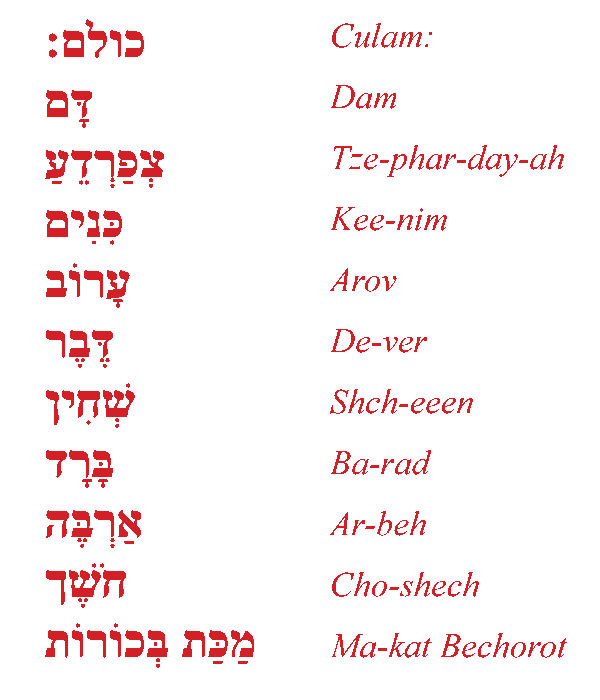
All:
Blood!
Frogs!
Lice!
Flies!
Livestock Disease!
Boils!
Hail!
Locusts!
Darkness!
Death of the first-born!
13. DAYENU
(It Would Have Been Enough For Us)
“If God had only brought us out of Egypt, it would have been enough for us.”
Dayenu, Dayenu (Feel free to sing along if you want).
“If God had only executed one of his judgments on Egypt, it would have been enough for us.”
“If God had only dealt with one of the idols of Egypt, it would have been enough for us.”
“If God had only given us Torah, it would have been enough for us.”
Dayenu
“If God had only brought us through the sea, it would have been enough for us.”
“If God had only given us Shabbat, it would have been enough for us.”
“If God had only brought us into the Promised Land, it would have been eough for us.”
Dayenu
“If God had only given us Yeshua the Messiah, it would have been enough for us.”
Dayenu, Dayenu
Is God enough for us? Is Jesus our Messiah enough for us? Take a moment to be present and worship Jesus.

14. CUP OF DELIVERANCE
(The Second Cup)
As we’ve already mentioned, there is less wine in this cup because we have a little less joy when we grasp the weight of our redemption and salvation. The Hebrew word Hitzalti means to be violently snatched away. We know that we serve a loving God, but the hard truth of the Passover is that our God is also a God of justice, power, and holiness. God cannot tolerate sin and because of Egypt’s sin, we experience the power and awfulness of the 10 plagues. We say deliverance here because the Israelites did not deliver themselves from bondage. Like we said in the beginning, only God can deliver us and rescue us from our bondage and oppression. Let us now bless this second cup as we understand its gravity.


All: Blessed are You, LORD our God, King of the Universe, Creator of the fruit of the vine!

15. Rachtzah
(Second Hand Washing)
“The evening meal was in progress.” -John 13:2
All: “Then the LORD said to Moses, “Make a bronze basin, with its bronze stand, for washing. Aaron and his sons are to wash their hands and feet with water from it.”
-Exodus 30:17,19
Jesus washes his disciples’ feet for two reasons.
1. Jesus was bestowing upon the disciples their priestly function in the Kingdom.
2. Jesus was modeling servant-leadership and reminding them that they were not to lord their privilege over others.
Kingdom of Priests references: Exodus 19:6; Isaiah 61:6; Romans 15:16; 1 Peter 2:5,9; Revelation 1:6, 5:10.
“Now that I, your Lord and Teacher, have washed your feet, you also should wash one another’s feet. I have set you an example that you should do as I have done for you.” –John 13:14-15
All: “You, my brothers and sisters, were called to be free. But do not use your freedom to indulge the flesh; rather, serve one another humbly in love.”
-Galatians 5:13
Option by host to wash hands again, wash feet, or move on to the next section. But first, let’s say the blessing over washing our hands.
RACHTZAH BLESSING
All: Blessed are you, LORD our God, King of the Universe, who sanctified us in His commandments and commanded us to wash our hands.
16. Motzi Matzah
(Matzah Blessing)
*Please grab a small piece of matzah for yourself.

All: Blessed are you, Lord our God, King of the Universe who brings forth bread from the earth.
All: Blessed are you, Lord our God, King of the Universe who sanctified us with His commandments and commanded us to eat matzah.
17. Maror
(The Bitter Herbs)
*Please grab a small piece of matzah for yourself.
The second question our children have asked concerned the reason that on Passover we only eat bitter herbs. These bitter herbs are symbolic of the bitterness of slavery and the miserable living conditions in Egypt. To us as Christians, the eating of bitter herbs reminds us of our lives before we knew Yeshua.
All: Blessed are You, Lord our God, King of the universe, who sanctified us with His commandments and commanded us to eat bitter herbs.
18. Korech
(The Bittersweet Sandwich)
Please grab two pieces of matzah for yourself big enough to make a tiny sandwich using the horeradish and charoseth.
Exile began with Joseph’s coat dipped in goat’s blood (Genesis 37:31).
Exodus ends with dipping the hyssop into the blood of the Passover Lamb (Exodus 12:22).
Exodus 12:8 says, “That same night they are to eat the flesh of the Passover Lamb roasted over the fire, along with the bitter herbs and matzoth.”
All: Blessed are You, LORD our God, King of the universe, who sanctified us in his commandments, and commanded us to eat the Pesach (Passover).
19. Tonight We Recline
It was the custom to recline at the Seder table just like Jesus did with His disciples (Matthew 26:20; Mark 14:18; Luke 22:14).
Let’s pray for those who do not have the freedom to worship.
20. Shulchan Orech
(Passover Dinner)
If you have a hard boiled egg, feel free to dip it into the salt water and eat it at this time.
21. Korban Pesach
(Passover Sacrifice)
Korban = Offering/Sacrifice
Pesach = Passover
“Then Moses called all the elders of Israel and said to them, “Go and select lambs for yourselves according to your clans, and kill the Passover lamb. Take a bunch of hyssop and dip it in the blood that is in the basin, and touch the lintel and the two doorposts with the blood that is in the basin.” -Exodus 12:21-22
“And when I see the blood, I will pass over you and the plague shall not be upon you to destroy you, when I smite the land of Egypt.” -Exodus 12:13
“He was oppressed, and he was afflicted,
yet he opened not his mouth;
like a lamb that is led to the slaughter,
and like a sheep that before its shearers is silent,
so he opened not his mouth.” -Isaiah 53:7
“Behold, the Lamb of God, who takes away the sin of the world!” -John 1:29
The blood of the Korban Pesach on the doorposts was a symbol of trust in God and His plan to bring about freedom and redemption. Followers of Jesus believe that Yeshua is the true Seh HaElohim (Lamb of God) who provides everlasting redemption.

22. The Afikoman
The children can search for the Afikoman and ransom it for a price/prize set ahead of time by an adult.
A ransom is a price paid to secure the release of someone in captivity. To the Christian, this term signifies that redemptive price offered by Christ upon the cross for the salvation of His people.
All: We have been bought with a price. As Christ said, “The Son of Man did not come to be served, but to serve, and to give his life as a ransom for many.”
-1 Corinthians 6:20; Matthew 20:28; Mark 10:45
Why does Jesus say that we have to eat his flesh and drink His blood (John 6:53-54).
All: “Then Jesus declared, ‘I am the bread of life. Whoever comes to me will never go hungry, and whoever believes in me will never be thirsty.’”
-John 6:35
As Paul said in 1 Corinthians 5:7, “For Christ – our Passover Lamb, also has been sacrificed.” Luke 22:19 records this portion of the Passover meal with the disciples and says, “And he took bread, gave thanks and broke it, and gave it to them, saying, “This is my body given for you; do this in remembrance of me.’”

All: Blessed are You, Lord our God, King of the universe, who brings forth bread from the earth!
Leader: Let us now eat matzah meditating on the body of Jesus, the Lamb of God who takes away the sin of the world. Let the taste of the matzah linger for just a moment as you eat.

23. The Cup of Redemption
The third Cup, the Cup of Redemption, is a remembrance of God’s third promise to his people: “I will redeem you with an outstretched arm.” The Cup of Redemption symbolizes the blood of the Passover lamb. It was the cup “after supper,” that Jesus identified with himself. Let us read Luke 22:20 together.
All: “And in the same way Jesus took the cup after they had eaten, saying, ‘This cup which is poured out for you is the new covenant in my blood. Take this and share it among yourselves.'”
Isaiah 42:6
Jeremiah 31:31-33
Zecharaiah 9


All: Blessed are You, Lord our God, King of the Universe, Creator of the fruit of the vine!
Leader: Let us drink the third cup together remembering the price that was paid for the new covenant we enjoy today.
24. Elijah
At a traditional Seder there is an empty chair and many even have an extra cup of wine. No one occupies the chair or drinks the cup.
Malachi 4:5-6
All: “I will send my messenger, who will prepare the way before me. Then suddenly the Lord you are seeking will come to his temple; the messenger of the covenant, whom you desire, will come,” says the LORD Almighty.”
-Malachi 3:1
Isaiah 40:3
Luke 1:17
Matthew 11:14
John 3:30, “He must become greater, I must become less.”

25. The Cup of Restoration.
This fourth cup is a remembrance of God’s fourth promise to his people: “I will take you as my own people and I will be your God.”
All: “You are no longer a slave, but God’s child; and since you are his child, God has also made you an heir.”
–Galatians 4:7
Paul goes on to say, “Formerly, when you did not know God, you were slaves to those who by nature are not gods. But now you not only know God, but you are known by God!” Likewise, 1 John 3:1 says, “See what great love the Father has lavished on us, that we should be called children of God! And that is what we are!”
Let us now declare the goodness of God. After each praise I offer you’ll respond, “His love endures forever.” This is modeled after the Hallel in Psalms 113-118.
Leader: Give thanks to the Lord for he is good!
All: His love endures forever!
Give thanks to the God of gods!
All: His love endures forever!
To Him alone who does great wonders
All: His love endures forever!
To Him who divided the Sea
All: His love endures forever!
To Him who brought Israel out of the burdens of the Egyptians
All: His love endures forever!
To Him who delivered us from our affliction
All: His love endures forever!
To Him who redeemed His people
All: His love endures forever!
With an outstretched arm and with mighty acts of judgment
All: His love endures forever!
To the one who remembered us in our suffering
All: His love endures forever!
And took us as His people
All: His love endures forever!
Give thanks to God for He is good!
All: His love endures forever!


All: Blessed are You, LORD our God, King of the Universe, Creator of the fruit of the vine!
26. Conclusion
לשנה הבאה בירושלים
All: L’shanah haba’ah b’yerushalaim!
Next year in Jerusalem!!
Join my tour group in Jerusalem next year!
About The Leader

Justin Boothby, M.Div.
After acquiring two degrees in Practical Theology and then studying in Israel for two years, Justin has a passion to help people read the Bible with a deeper appreciation in its original, ancient context. Justin took his first trip to the Holy Land during Passover in 2010 and he has been a part of and has been leading Seders since then. He also loves pizza, which makes the week-long Festival of Unleavened Bread really difficult!
M.A. Hebrew University of Jerusalem
M.Div. Regent University
B.S. Southeastern University
